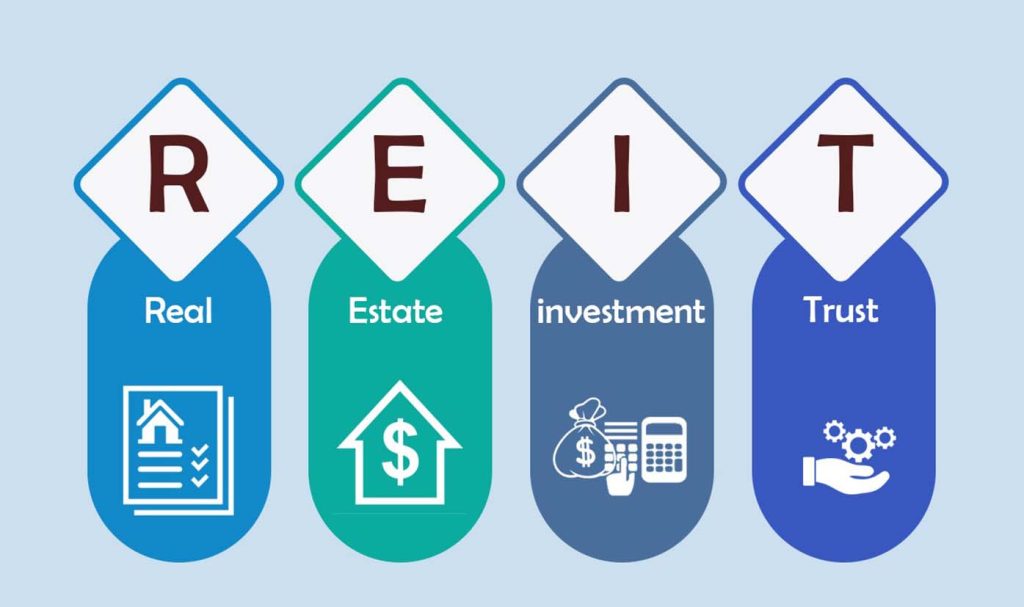Let’s be real: there’s a reason the phrase “land is wealth” has echoed through generations. Real estate isn’t just about fancy homes or rental income—it’s one of the most time-tested vehicles for building long-term wealth. If you play the game right, real estate can generate consistent cash flow, appreciate over time, offer tax benefits, and help you retire with more than just memories.
But before you go all-in on HGTV dreams, let’s talk strategy. Because real estate investing is not just about buying a property. It’s about knowing your goals, choosing the right methods, and structuring your portfolio in a way that aligns with your financial future.
I will unpack long-term real estate investment strategies, who they’re best for, what types of products exist, and how to build your empire—smartly and sustainably.
Why Real Estate Is a Long-Term Wealth Builder
Real estate has the magical ability to work in your favor in four major ways:
- Appreciation – Properties tend to increase in value over time.
- Cash Flow – Rental income creates a steady revenue stream.
- Loan Paydown – Tenants help pay off your mortgage, increasing equity.
- Tax Benefits – Deductions, depreciation, and 1031 exchanges can save you thousands.
Compare that to volatile stock swings, and you start to see why real estate holds its own in the wealth-building world. It’s tangible, inflation-resistant, and can be leveraged for faster growth.
Who Should Consider Real Estate Investing?
Real estate isn’t for everyone—but it can be for anyone with the right mindset and a bit of patience. Here’s who benefits the most:
- Young professionals looking to get into the market early and build equity while they live in a property.
- Mid-career investors wanting to diversify away from the stock market and create passive income.
- Entrepreneurs and side hustlers interested in managing properties, house hacking, or flipping.
- Families and couples who want generational wealth and stable investments.
- Retirees seeking income-producing assets to replace traditional employment.
In short: if you want consistent income, equity growth, and tangible assets, this is your playground.
Top Real Estate Investment Strategies for Long-Term Wealth
1. Buy and Hold Residential Rentals
This is the classic, slow-burn approach. You buy a single-family home, duplex, or small multi-unit building, rent it out, and collect monthly income.
Pros:
- Steady cash flow
- Long-term appreciation
- Tax advantages like depreciation
Best for: Investors looking for hands-on management and long-term value
Pro tip: Look for properties in growing cities with strong job markets, good schools, and population growth.
2. House Hacking
This is real estate’s best-kept secret. Buy a multi-family property, live in one unit, and rent out the rest. The rent from your tenants covers your mortgage—or even earns you extra.
Pros:
- Low-cost entry
- Ideal for first-time homebuyers
- Builds equity while reducing personal expenses
Best for: Millennials, Gen Z, or anyone tired of paying rent
Pro tip: Use FHA loans to put as little as 3.5% down.
3. REITs (Real Estate Investment Trusts)
Want in on real estate without becoming a landlord? REITs are perfect. These are publicly traded companies that own income-generating properties—everything from malls to hospitals.

Pros:
- Passive income
- Highly liquid (buy and sell like stocks)
- Diversification across sectors and geographies
Best for: Beginners, hands-off investors, or those with limited capital
Recommended REITs:
- Public Storage (PSA)
- Realty Income (O)
- Vanguard Real Estate ETF (VNQ)
4. Real Estate Syndications
This is group investing. You and other investors pool money to buy large commercial properties like apartment complexes or office buildings. A syndicator handles the management.
Pros:
- Access to bigger deals
- Potential for higher returns
- Completely passive
Best for: Accredited investors or those with higher net worth
Pro tip: Vet sponsors carefully—look at their track record, market, and fee structure.
5. Short-Term Rentals (Airbnb Style)
Buying a property to rent out on Airbnb can yield higher income than traditional rentals—if done right. You’ll need a great location, appealing décor, and attention to guest experience.
Pros:
- Higher potential cash flow
- Flexibility to use the property yourself
- Growing trend in tourist cities
Cons:
- Can be seasonal
- Requires active management or a property manager
- Subject to local regulations
Best for: Creative investors in high-tourism or business-travel areas
6. BRRRR Strategy (Buy, Rehab, Rent, Refinance, Repeat)
This is how you scale fast. Buy a fixer-upper below market value, rehab it, rent it out, refinance to pull out equity, and use that equity to buy your next property.
Pros:
- Builds equity quickly
- Great for growing a portfolio
- Can recycle initial investment
Cons:
- Riskier and more complex
- Requires access to renovation financing and good contractors
Best for: Experienced investors who aren’t afraid of renovations and love spreadsheets
How to Choose the Right Real Estate Investment for You
Here’s a mini roadmap to finding your fit:
- Define Your Goal
Are you chasing cash flow, long-term appreciation, or a mix of both? - Evaluate Your Time Commitment
Do you want to manage tenants or be completely hands-off? - Assess Your Risk Tolerance
Higher returns often come with higher risks (and headaches). - Review Your Capital
Can you afford a down payment, or do you need to start with REITs or crowdfunding? - Consider Location
The three rules of real estate still apply: location, location, location. Research population trends, job growth, and rental demand.
How to Start (Even If You’re New)
- Start small: Buy a condo or duplex before jumping into large properties.
- Use leverage wisely: Mortgages amplify returns but also risk. Stay within your means.
- Get educated: Read books like “The Millionaire Real Estate Investor” or follow podcasts like BiggerPockets.
- Build a team: You’ll need a lender, agent, inspector, property manager, and maybe even a real estate attorney.
- Use technology: Platforms like Roofstock, Fundrise, and Arrived Homes make it easier than ever to get started online.

Brick by Brick, Wealth Is Built
Real estate isn’t just for the wealthy. It’s for the patient, the prepared, and the persistent. You don’t need to own a mansion or an empire to win. You need a clear strategy, the right mindset, and a willingness to learn and adapt.
Start where you are. Learn what fits your lifestyle. Test what works. Whether it’s a rental condo in a quiet suburb or a diversified REIT in your portfolio, real estate can help you build the kind of wealth that lasts for generations.
Your financial castle doesn’t need to be built in a day. But today? Today’s a great day to lay the first brick.
